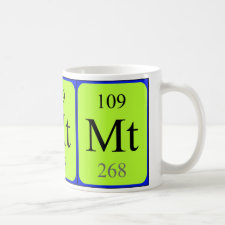
Authors: Szumski M, Klodzinska E, Jarmalaviciene R, Maruska A, Buszewski B
Article Title: Considerations on influence of charge distribution on determination of biomolecules and microorganisms and tailoring the monolithic (continuous bed) materials for bioseparations.
Publication date: 2007
Journal: Journal of Biochemical and Biophysical Methods
Volume: 70
Issue: (1)
Page numbers: 107-115.
DOI: 10.1016/j.jbbm.2006.09.013
Alternative URL: http://www.sciencedirect.com/science/article/B6T28-4M2GGVF-1/2/fad14ac59d4fac04d4b13e1d43f98aaa
Abstract: The importance of continuous beds (monoliths) as separation materials is connected with their better chromatographic properties and easier preparation in comparison to particulate-packed columns. Moreover the tuning of porosity as well as surface chemistry can lead to obtaining of highly selective materials, especially useful in separation of biologically important compounds or even microorganisms. To obtain high selectivity for such analytes as e.g. proteins, it is often important to have a knowledge about their shape, size, charge and finally charge distribution. This article presents our considerations on the charge distribution on the monolithic stationary phase and surface of such species as proteins or microorganisms as well as its eventual influence on the separation or sample preparation processes and tuning of their selectivity
Author keywords: Charge distribution, proteins, Separation of microorganisms, Restricted access media, continuous beds, monoliths, selectivity



Join the Society for Molecular Imprinting

New items RSS feed
Sign-up for e-mail updates:
Choose between receiving an occasional newsletter or more frequent e-mail alerts.
Click here to go to the sign-up page.
Is your name elemental or peptidic? Enter your name and find out by clicking either of the buttons below!
Other products you may like:
 MIPdatabase
MIPdatabase









